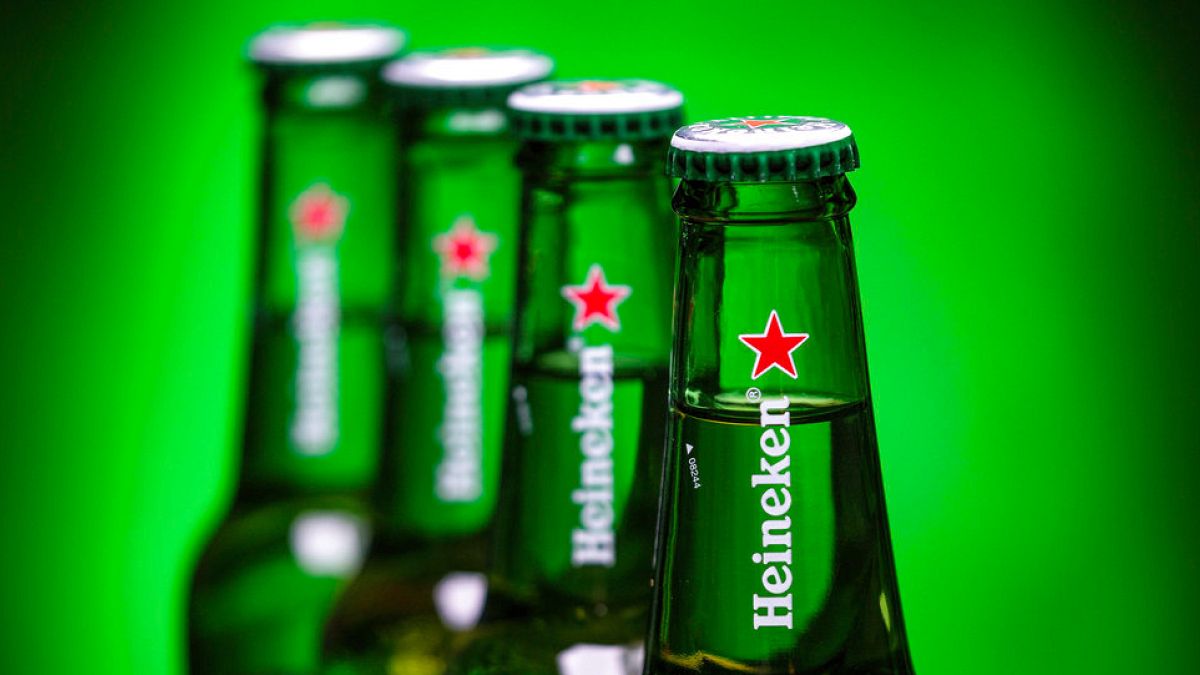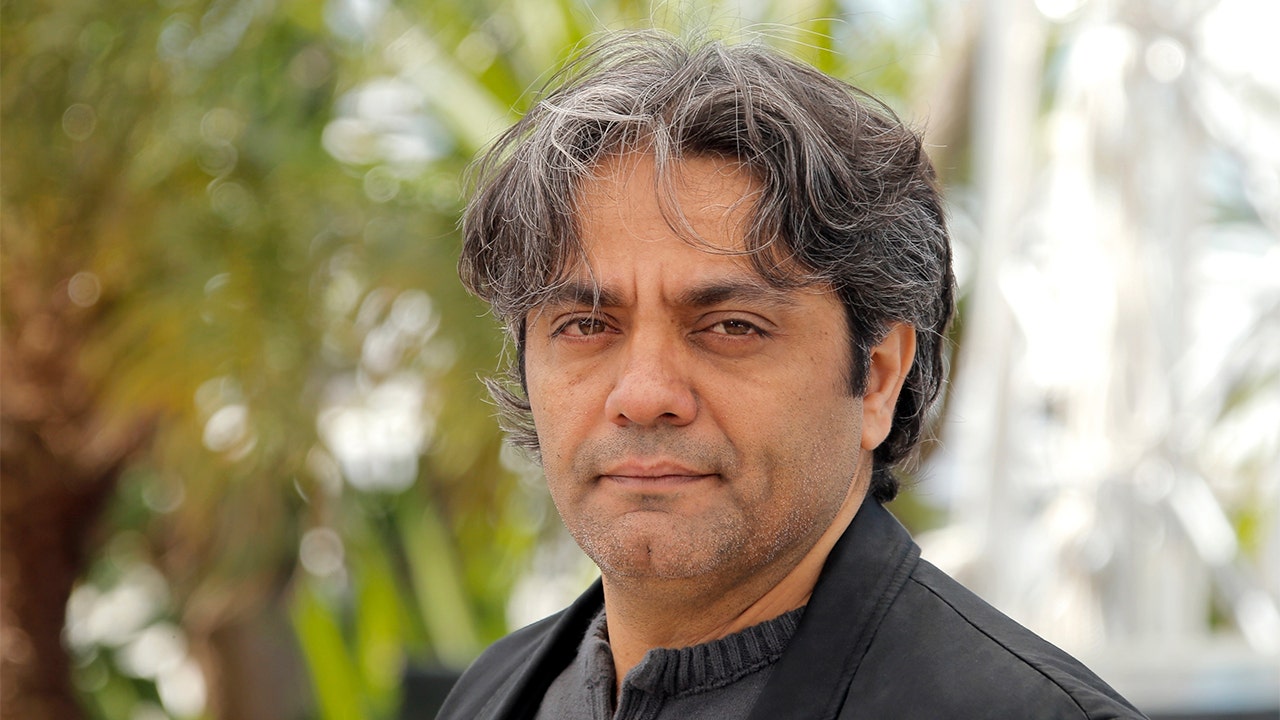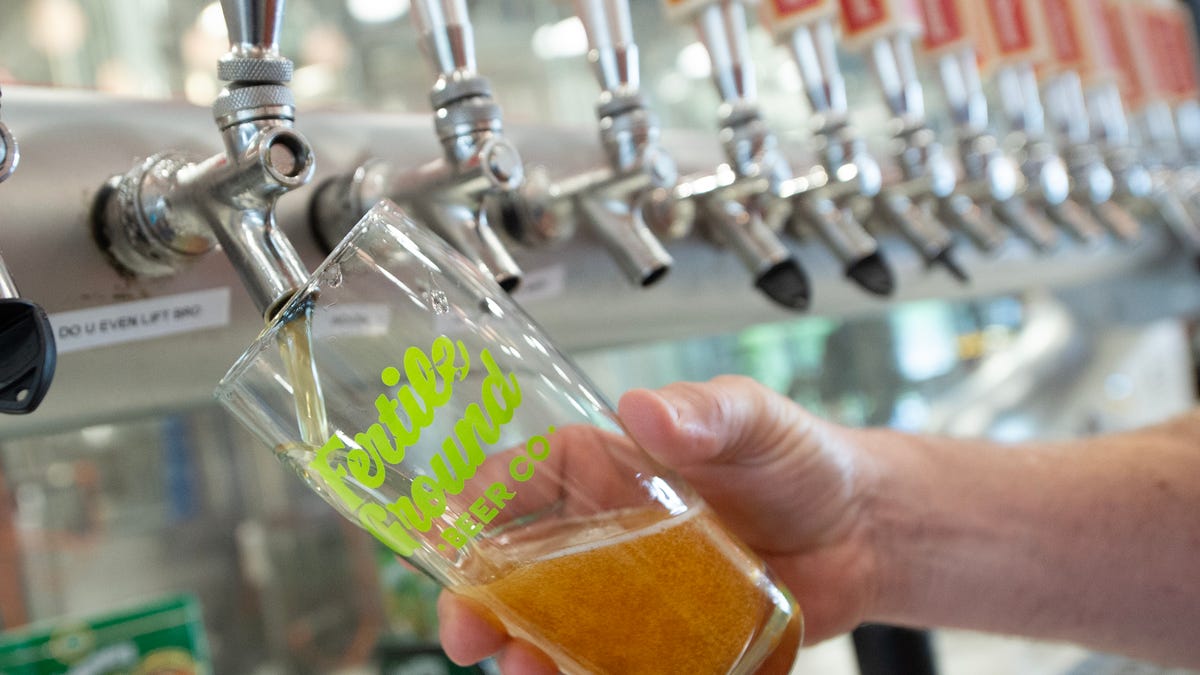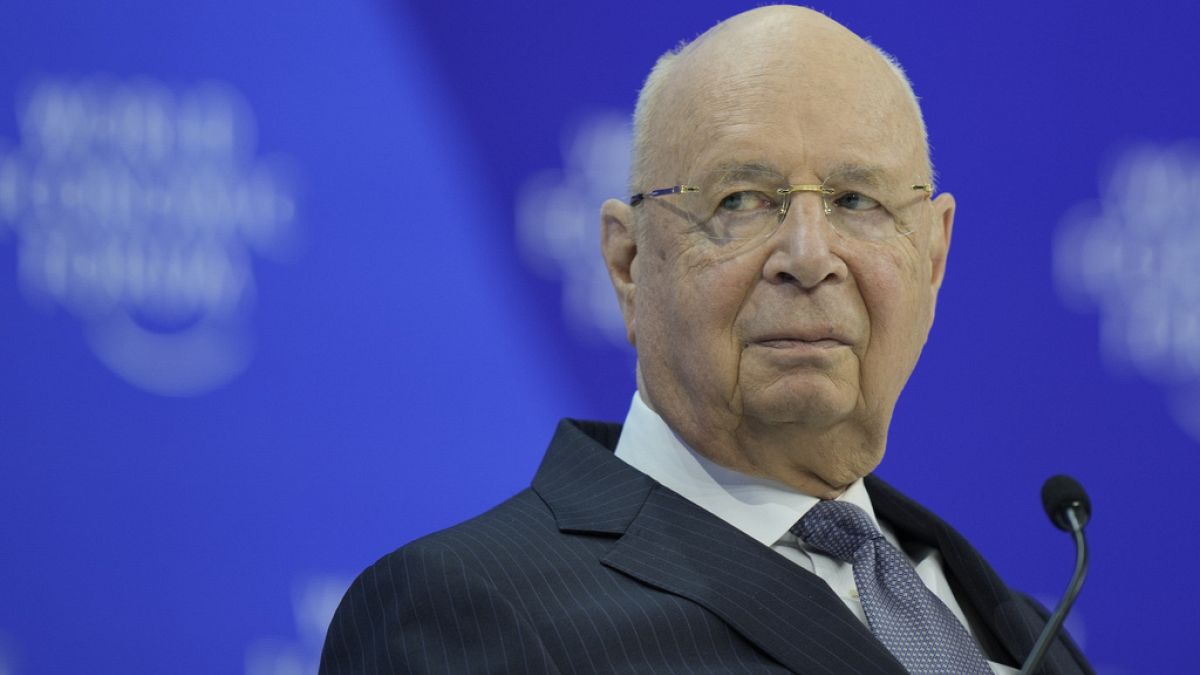World
Does Dry January actually work?

Every January, most of us pledge to work on ourselves. Some try to abstain from alcohol for the month. But does Dry January make us healthier?
Your social media is probably flooded with self-improvement posts right now.
Maybe even a couple of announcements from loved ones saying they’re staying sober for the whole month of January.
Around the world, the tradition is growing in popularity.
In the UK, where the campaign started in 2013, more than 8.5 million people said they planned to stay off the booze for a month this year, according to a poll run by Alcohol Change UK. In 2013, only 4,000 signed up for the challenge.
But how much difference can a teetotal month make to our health?
The dangers of alcohol consumption are well established, with alcohol abuse among the leading causes of morbidity and mortality worldwide, according to The Lancet.
Almost one in five Europeans reported having heavy drinking episodes – more than six units of alcohol in one sitting – at least once a month in 2019.
Long-term excessive alcohol consumption increases your risk of:
- Cirrhosis of the liver
- Cancer, particularly breast cancer and esophageal cancer
- Heart failure
- High blood pressure
There is no safe level of drinking, say the World Health Organisation. Avoiding alcohol is the only way to avoid its damaging effects.
Observing Dry January has been shown to impart significant health benefits, according to multiple studies.
Two of them were carried out by Dr Rajiv Jalan, professor of hepatology at University College London (UCL). Although not a randomised study, Jalan said the results were striking.
“The most important one that we saw in patients was the feeling of energy, as well as increased concentration and sleep. Most of them lost weight, nearly 2 to 3 kilograms over one month,” he told Euronews referring to a study he conducted on a small group of staff from the New Scientist magazine in 2013.
In 2018, Dr Jalan completed new research on a larger group of hospital workers who decided to partake in the challenge compared to other individuals who did not.
“We followed people up after three to six months to ask what impact Dry January had on them. And in general terms, they felt so good in this month that they were more scared to drink during the week. In the following six months, their alcohol consumption stayed low,” he explained.
The only downside Jalan found was that people said: “They felt they were boring company at parties.”
A negative boomerang effect?
However, a2021 study found that Dry January could trigger a negative boomerang effect like a restrictive diet.
The British Liver Trust suggests staying off the booze two or three days every week, allowing the liver to recover regularly, rather than abstaining for one month and then going back to old habits.
But Joe Marley, Director of Communications at Alcohol Change UK, says studies have shown otherwise.
“It’s a little bit of a myth that people kind of boomerang when they take part in Dry January. Seven in ten people are drinking more mindfully, in a healthier way, even six months down the line. So there’s not really any evidence for that cliff edge at the end of January that people kind of fall back into old habits,” he told Euronews.
Is there anyone who shouldn’t partake in Dry January?
According to all the experts we talked to, the campaign is meant for social drinkers, not for people seeking recovery from alcohol abuse.
“If you are physically dependent on alcohol to the point where you would experience dangerous withdrawal symptoms, then Dry January isn’t right for you. It could be life-threatening. If you think that you’re in that scenario, it’s still possible to take control of your drinking, but you need to have a conversation with your GP,” warned Marley.

World
Iran sentences award-winning director to prison ahead of Cannes

The award-winning Iranian director Mohammad Rasoulof has been sentenced to eight years in prison and lashings just ahead of his planned trip to the Cannes film festival, his lawyer told The Associated Press Thursday.
Rasoulof, 51, known for his film “There Is No Evil,” has become the latest artist targeted in a widening crackdown on all dissent in the Islamic Republic following years of mass protests, including over the 2022 death of Mahsa Amini.
Iranian authorities haven’t acknowledged the sentence but Rasoulof and other artists had co-signed a letter urging authorities to “put your gun down” amid demonstrations over a 2022 building collapse that killed at least 29 people in the southwestern city of Abadan. In the time since then, artists, athletes, celebrities and others have been called for questioning or faced prison sentences.
“This judgment is issued due to Mr. Rasoulof signing statements in support of the Iranian people,” his lawyer Babak Paknia told the AP. He said that those statements, along with his tweets and further social activities, were found to be instances of ‘action against national security.’
FRANCIS FORD COPPOLA’S ‘MEGALOPOLIS’ TO PREMIERE AT CANNES
Iranian filmmaker Mohammad Rasoulof takes a photo for his film “The Immigrant” in Cannes, France, on May 24, 2013. The award-winning Iranian director Mohammad Rasoulof has been sentenced to eight years in prison and lashings just ahead of his planned trip to the Cannes Film Festival, his lawyer told The Associated Press Thursday. (AP Photo/Francois Mori, File)
Rasoulof faced trial in Tehran’s Revolutionary Court, Paknia added.
The tribunals, often handling cases of those with Western ties later used in prisoner swaps by Iran, have been internationally criticized for not allowing those on trial to pick their own lawyers or even see the evidence against them in closed-door hearings.
The director also faces lashings, fines and asset seizures, his lawyer said.
Iran’s mission to the United Nations did not respond to a request for comment over Rasoulof’s sentencing. He had been scheduled to head to Cannes for the premiere of his new film, “The Seed of the Sacred Fig,” later this month.
“There Is No Evil,” which tells four stories loosely connected to the use of the death penalty in Iran, won the Golden Bear prize at Berlin in 2020. Rasoulof wasn’t there to accept the award due to a travel ban imposed on him by Iranian authorities. Shortly after receiving the award, he was sentenced to a year in prison for three films he made that authorities found to be “propaganda against the system.”
He has faced repeated prison sentences and film bans in his native Iran, whose Shiite theocracy long has railed against Western-embraced artists as a part of a “soft war” against its policies. Yet Iran has become known on the international film circuit for daring, thought-provoking movies outlining the challenges of life in the Islamic Republic.
Fellow filmmaker Saeed Roustayi and his producer similarly faced legal action last year after traveling to Cannes to show “Leila’s Brothers.”
World
A look at Chinese investment within Hungary

China has invested heavily in Hungary’s infrastructure and EV cars.
Under the spotlight is the Budapest Belgrade cargo train line. It evades all major Hungarian cities and has been built using Chinese credit. It is said to cost far more than it should with a poor investment return. It is estimated to pay for itself in about one hundred years. And still, some argue in favour of the collaboration.
Watch the full report above.
World
China's exports and imports return to growth, signalling demand recovery

-

 Politics1 week ago
Politics1 week agoThe White House has a new curator. Donna Hayashi Smith is the first Asian American to hold the post
-

 Politics1 week ago
Politics1 week agoStefanik hits special counsel Jack Smith with ethics complaint, accuses him of election meddling
-

 News1 week ago
News1 week agoVideo: Police Arrest Columbia Protesters Occupying Hamilton Hall
-

 World1 week ago
World1 week agoStrack-Zimmermann blasts von der Leyen's defence policy
-

 Politics1 week ago
Politics1 week agoNewsom, state officials silent on anti-Israel protests at UCLA
-

 World1 week ago
World1 week agoTurkish police arrest hundreds at Istanbul May Day protests
-

 News1 week ago
News1 week agoPolice enter UCLA anti-war encampment; Arizona repeals Civil War-era abortion ban
-

 Politics1 week ago
Politics1 week agoDemocratic mayor joins Kentucky GOP lawmakers to celebrate state funding for Louisville







/cdn.vox-cdn.com/uploads/chorus_asset/file/24489389/236563_Apple_iPad_9th_gen_DSeifert_0001.jpg)








